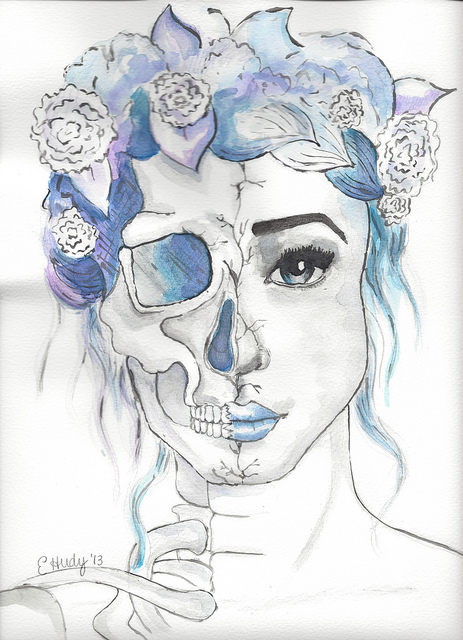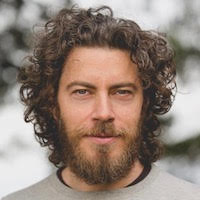
There are only two ways to heal.
The first is called Placebo. It is real—a vast amount of time money and research has proven it.
And there are many ways in which the placebo effect can be triggered. It might be a doctor with a white coat.
It might be a blue pill.
It might be a healer!
Yes, some healers and healing methods, if we are honest, are nothing more than placebos! (This video is a fascinating look at the power of the Placebo effect.)
That sounds derogatory but it’s not really—they do a lot of good in the world. They help many people feel better—about 30 percent of their clients, to be fairly precise.
However, the placebo effect is really a band-aid (even when it works). We can’t really call it “healing” because whatever it is that originally caused the problem remains. Inevitably, even while the symptoms are “healed,” the cause has usually not been addressed.
That’s what separates placebo from real healing.
Real healing is the result of uprooting the cause of the problem—like a weed in the garden. Only if you uproot it will you be free of it. And, as I have written before, the first step in truly healing anything is to take responsibility for the problem.
This piece is about that first step: taking responsibility.
The cause of almost all our problems today is trauma, but it is not the trauma that you take responsibility for—the trauma is in the past, and you were most likely not responsible for it.
What we are responsible for is how the trauma continues to affect us right now.
We cannot go back into the past and erase trauma. But we can go more fully into the present to uproot the connection between the trauma and its effect on us.
That bears repeating: we can become fully present to the connection between past trauma and present symptoms.
And that is the essence of real healing: presence.
The only problem is—it’s not easy to find and be present with your own subconscious “stuff.”
A good healer simply facilitates this process, guiding you to find and be present with and uproot the subconscious blockages. And the result is that you become more present, more conscious. In fact, the word healer is a total misnomer. Because healing always comes from within. The “healer” only facilitates. Which sounds easy, but it’s quite a skill.
And here’s the thing:
If you’re not yet taking responsibility for your problems, then you’re either busy looking for placebos (“heal me!”) or trying to convince yourself that there isn’t a problem—via self-distraction, compulsive behavior, or addictions.
You only find healing when you start taking responsibility. In the meantime you’re just caught up in a game with yourself (and the world around you).
So what does it look like when you take responsibility?
When you start to really take responsibility a number of things happen:
- You stop blaming others. You begin to let go of the pattern of anger and blame that, until now, has been a wonderful excuse to not take responsibility!
- You start to let go of all the hidden benefits and secondary gains of the problem because you finally desire health and freedom above all else.
- Your desire for health and freedom becomes a driving force in your life—so much so that you will stop at nothing to achieve it.
- You begin to truly see your own power, recognizing that in the same way that you were creating and maintaining your own brokenness, you are also able to manifest healing. From within.
I want to be really clear on something:
Saying that someone is creating and maintaining a problem is not the same as victim blaming. There are no victims.
Blame is not an issue. Blame is about judgment, and I try not to judge at all. Partly because I’ve been through it all on a personal level and I know what it is like to be broken. Again and again. I know that I didn’t consciously choose my brokenness—I know that I was caught up in a game with my own subconscious. And I have deep compassion for anyone else that is caught up in the same games because I know how hard it can be.
So there is no blame. There is no judgment.
Yes, we are all “fighting a tough battle.” We are all doing the best we can.
Each and every one of us, truly.
Please leave a comment—it’s a complex issue so let’s discuss it! I will try to answer all comments. And if you find this of value, please share it around a bit.
Author: Ben Ralston
Editor: Catherine Monkman
Photo: ElizabethHudy/Flickr










Read 15 comments and reply